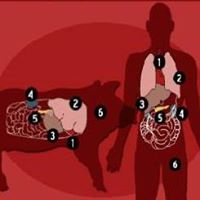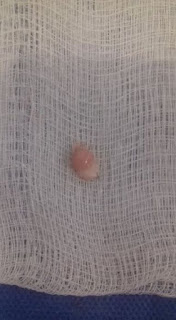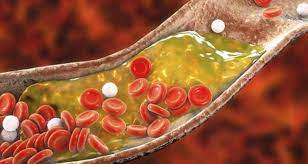Advanced solutions for chronic and degenerative diseases

Cytotherapy involves introducing molecules from organs, glands, or tissues into the body, which reactivates the altered systems and returns them to homeostasis. Thus, the only possibility of replacing aged cells and glands that have stopped releasing their secretions is the application of other young glands. The cytotherapy used in Mexico is based on the pituitary gland of a piglet due to the similarity between the human and porcine genomes. The pituitary gland plays a key role in regulating endocrine functions. The cytotherapy that has been used in Mexico is based on the pituitary gland of a piglet and has been applied to patients with diabetes mellitus I and II, menopause, sexual dysfunction, senile dementia, and thyroid, to slow down the processes that lead to aging and chronic and degenerative diseases in general. For more information or appointments call WhatsApp at 322 888 7134 in Puerto Vallarta, Jalisco, Mexico.

.jpeg)
.jpg)


.jpg)



